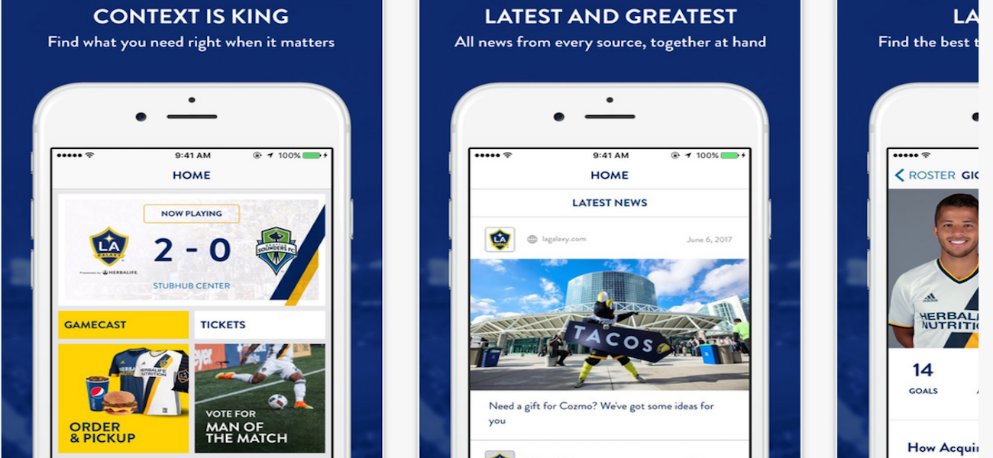Search the latest and greatest job opportunities in sport
 The use of statistics in sports is not a new practice. However, the automated and large-scale processing of the famous big data has ushered in a fresh era for the various processes of the sports industry, including recruiting, training, and managing the careers of athletes and addressing the tactical issues of trainers.
The use of statistics in sports is not a new practice. However, the automated and large-scale processing of the famous big data has ushered in a fresh era for the various processes of the sports industry, including recruiting, training, and managing the careers of athletes and addressing the tactical issues of trainers.
“Constraint as a way to create” could be the lesson taught by Billy Beane, general manager of the Oakland Athletics.
The story began when Beane saw three of his most important and valuable players leave the team in 2001. This challenge prompted Beane to create a new team with a very small budget. Beane eventually met Peter Brand, a young Yale economics graduate with radical ideas about how to assess player value. Instead of relying on experts’ experience and intuition, Brand used individual statistics in selecting players, particularly their on-base percentages.
Increasing the performance of athletes entails ground rules. For instance, Pep Guardiola, a famous soccer trainer, has banned pizza and fruit juice for Manchester City players. However, there are also cutting-edge means of boosting athletic performance. For example, STATSports created the Viper pod, a type of GPS that allows athletes, trainers, and staff to obtain useful data to improve performance. Data are picked up by an antenna at the side of the pitch and are then processed by a software.
The IoT revolution does not only concern team sports. It is also relevant for tracking and collecting data used in tennis, athletics, and other individual sports.
Player tracking also improves the prevention of injurstance, today’s smartphone-carrying fans visit stadiums, and they want technology to enhance their experience. Upon arriving at the stadium, spectators can be guided through a mobile application. On the field, accessing instant replays, alternative views, and close-up videos is now possible.
Many baseball, basketball, or soccer clubs have developed this type of service through a mobile application.

Analytics represents a promising huge market. Numerous startups, items, products, and services are developed and made available for teams, clubs and sports industry stakeholders.
In order to fit the evolution in sports industry market, em-lyon business school has developed the MSc in Sports Industry Management and has successfully united its expertise in international management with the market experience of some of the world’s major sports companies, always looking for young talents with a global outlook.
The program allows students to fully master the specifics of the sports industry, gain the necessary skillset to face the challenges of this business environment and obtain the knowledge and maturity global sports companies are looking for in future leaders of the industry.
Search the latest and greatest job opportunities in sport
In the world of professional sports, sponsorship represents a significant source of revenue and plays a vital role for t...
Read moreThe sports industry is a vibrant and multifaceted industry, made up of a diverse range of sectors that shape its global ...
Read morePablo Romero, director of protocol at Sevilla FC and lecturer in the UCAM Master's Degree in Sports Management, shares t...
Read more